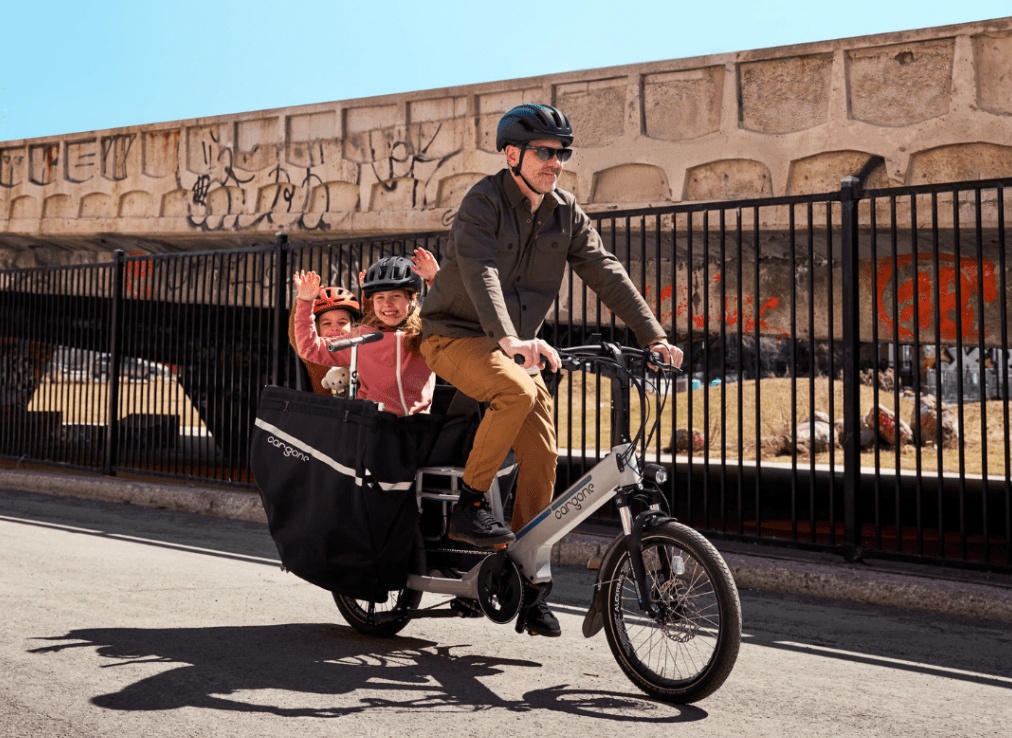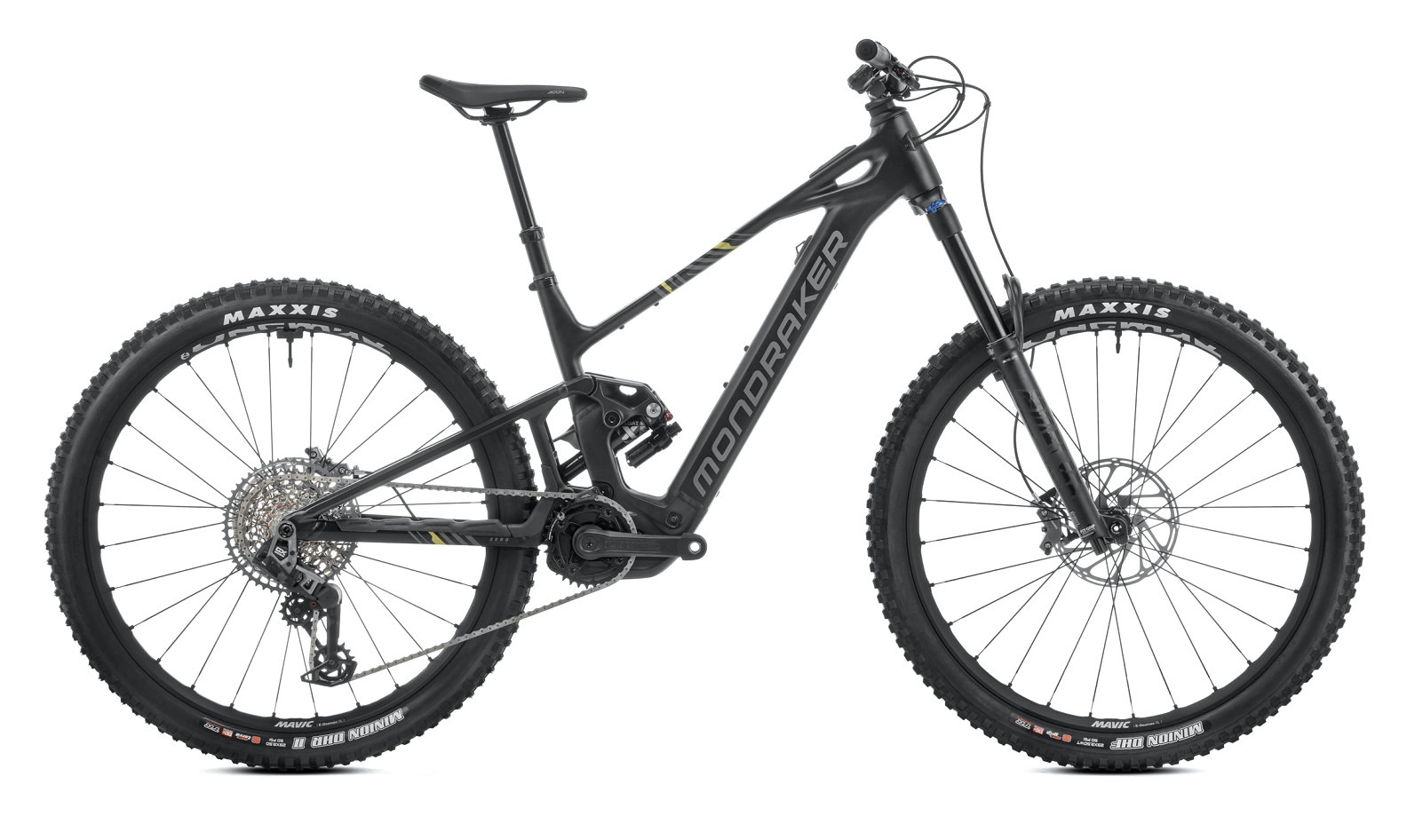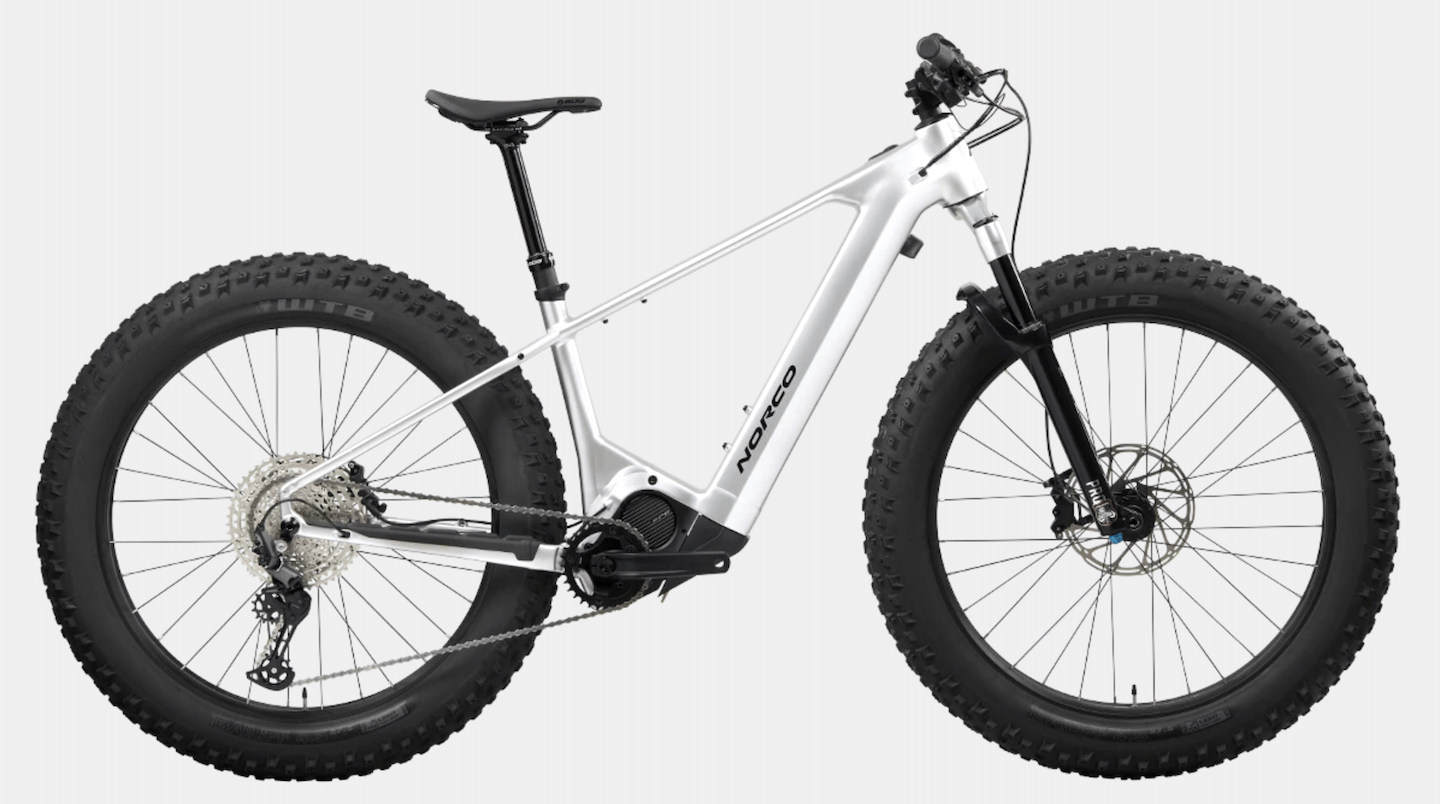September 21, 2023 - (Brussels, Belgium) From September 16-22, approximately 3,000 towns and cities from around 50 countries worldwide will celebrate EUROPEANMOBILITYWEEK, with activities encouraging people to opt for walking, cycling, public transport and other clean transport solutions. The celebrations culminate in World Car-Free Day (on 22 September or another day within the main week) when urban centres are reserved for pedestrians and cyclists of all ages rather than the usual motorized traffic.

Each year, this European Commission flagship awareness-raising campaign adopts a theme that showcases a specific dimension of sustainable mobility. This year, the theme is ‘Save Energy,’ and it highlights the impact that sustainable transport choices have on climate targets and on energy and mobility poverty. This is particularly poignant in Europe, where Russia’s unwarranted war against Ukraine continues.
European Transport Commissioner Adina Vălean emphasises the critical role of sustainable mobility in saving energy and creating a better future for all:
“Cities may only occupy 4% of EU land area, but 75% of EU citizens call them home. By transitioning to more sustainable and efficient mobility solutions, the cities can make a difference for their inhabitants and those beyond – be it in terms of less pollution, and better connectivity for all. As many as 3,000 cities take part in EUROPEANMOBILITYWEEK this year and they are living proof of their power to change things.”
The following examples demonstrate some of the many ways in which clean and energy-efficient transport is key to promoting sustainable mobility.
Initiatives across Europe
In Cartagena (Spain), a week of activities includes an urban march through the city, a bicycle tour via its greenways, and workshops on safe cycling and bicycle repairs. 20 September will focus on the importance of accessible mobility, while transport will be free for all on Car-Free Day.
One of the five Ukrainian cities awarded a Special Mention in 2022 is planning to grant cyclists free entry to local museums throughout the week. Poltava will also organise a walking tour with local police called ‘Glow in the dark’. Participants will be given tips on staying safe when travelling through the city at night. Poltava has also adopted traffic calming schemes and reduced the number of on-street parking spaces – as permanent infrastructure developed within the framework of EUROPEANMOBILITYWEEK.
Kildare County (Ireland) aims to save energy by enforcing ‘Idle Free Zones’ outside schools (namely zones where motorists are required to turn off their engines while not in motion); and by organising a ‘Save Energy Journey’ with energy-saving options such as e-bikes, scooters, bicycles and public transport, as well as a ‘Walk on Wednesday’ for schools to encourage behavioural change in favour of active and sustainable mobility.
Umeå (Sweden) will promote new infrastructure that makes it easier for pedestrians and cyclists to travel around the city. The municipality will also organise an interactive ‘Ticket Hunt’, hiding free bus tickets at local bus stops and sharing clues on social media, and hosting a dialogue with residents. This is in addition to lending folding bikes to residents for the week.
Many participating towns and cities are also involved in cross-cutting EU initiatives, including the European Climate Pact, Green City Accord, EU Climate-Neutral and Smart Cities Mission and CIVITAS, to better tackle challenges related to energy, climate emissions, and sustainability.
Learn what your town or city has in store here.
MOBILITYACTIONS
Alongside towns and cities, organisations, businesses, schools and other entities are also taking part in the event week, and are registering their MOBILITYACTIONS (any action that promotes a behavioural shift towards a culture of sustainable urban mobility). Registered actions include the fourth edition of ‘BikeToWork’ in Paris’ La Défense business district. The event offers participants access to guided tours, repair workshops, road safety training, and the chance to win a free bike. In Reykjavík (Iceland), government staff are offered free, well-equipped e-bikes to explore the benefits of multi-modality and encourage active travel.
View all registered MOBILITYACTIONS for 2023 here. Organisations, businesses, schools, and other entities are welcome to register their MOBILITYACTIONS here.
Background
EUROPEANMOBILITYWEEK runs from 16 – 22 September every year, providing towns and cities with an opportunity to try out innovative traffic and transport planning, promote new infrastructure, raise awareness of sustainable mobility, and measure noise/pollution levels. MOBILITYACTIONs are registered by a broad range of organisations, and share mobility management solutions throughout the year. The campaign also encourages people to choose active and sustainable mobility such as public transport, walking and cycling. Sustainable mobility can help save fuel, lower carbon emissions, improve air quality, and make Europe’s urban areas more pleasant places to live and work.
For more information on the campaign, visit here.
















